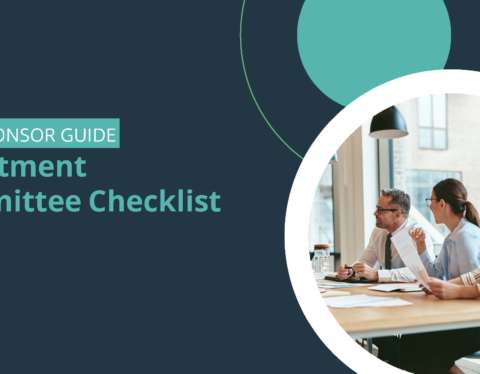Helping employees prepare for retirement is an obvious goal for many plan sponsors, but did you ever consider the role your efforts can play with helping couples improve their financial communication?
Money issues are often a source of friction for many couples as people struggle to handle current, near-term and future financial obligations. Yet, a recent Fidelity Investments report finds that “planning for the future goes a long way to achieving greater peace of mind and alignment as a couple.”
The 2015 Fidelity Investments Couples Retirement Study looked at retirement expectations and preparedness among 1,051 couples. While some people were in sync with their finances, many more were not. Consider the following:
- 43 percent could not correctly state their partner’s earnings; with 10 percent making errors by $25,000 or more.
- Over a third did not agree on their household investment assets.
- 47 percent of couples were not in agreement on how much money they needed in retirement to maintain their current lifestyle.
- 60 percent of couples (half of these being Boomers) could not accurately estimate their Social Security payout in retirement.
- Half of the couples did not agree on when they should retire.
So, how can you help? Thankfully, the study found that making distinct plans about the future helps better prepare and align couples: “By and large, couples with a detailed plan feel far better about their retirement prospects.” Here are some tips you can pass along to your employees that they can implement with their partner:
- Create a detailed retirement income plan together.
- Make day-to-day financial decisions as a couple.
- Consider potential health care costs when establishing retirement savings goals.
- Ensure that both partners know where to find important financial and legal documents.
The report found overwhelming evidence that communication along with joint financial execution and planning improves financial preparedness and helps provide stress relief. “Couples who have a retirement plan in place are twice as likely to expect a ‘very comfortable’ retirement.”
The opinions voiced in this material are for general information only and are not intended as authoritative guidance or tax or legal advice. You should consult with your attorney or advisor for guidance on your specific situation.


